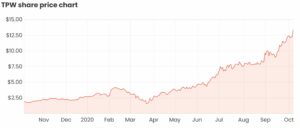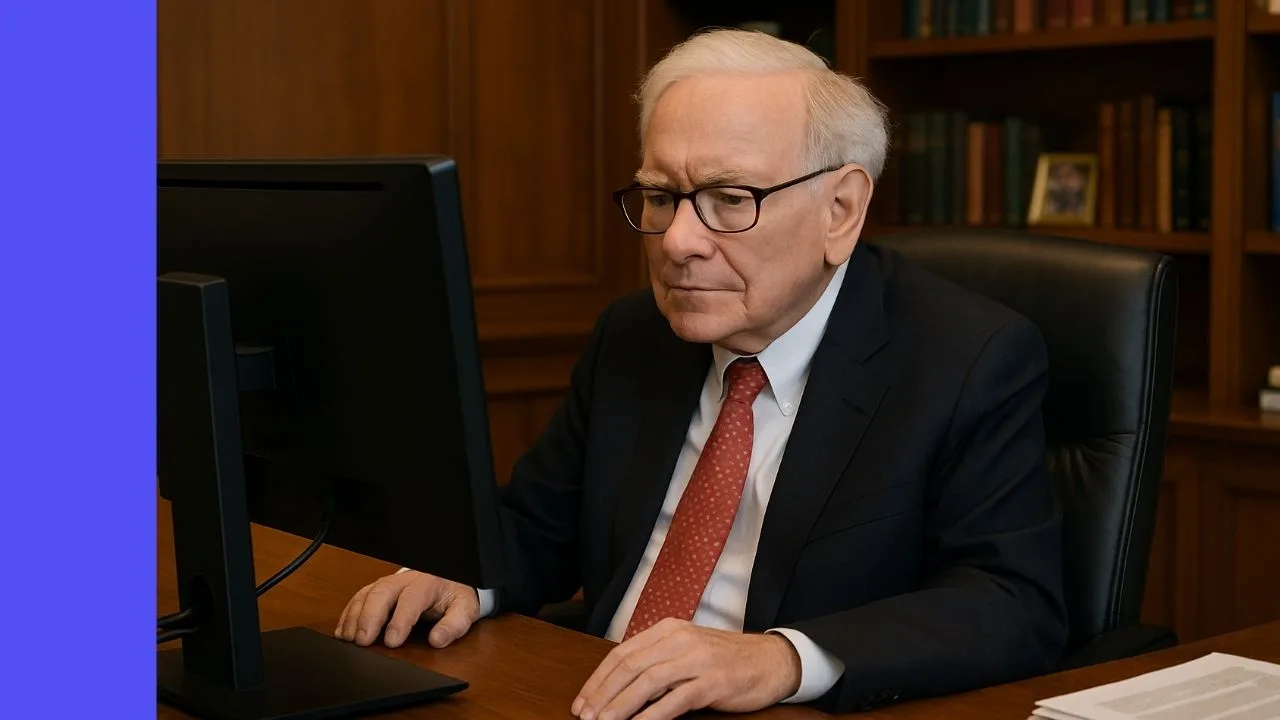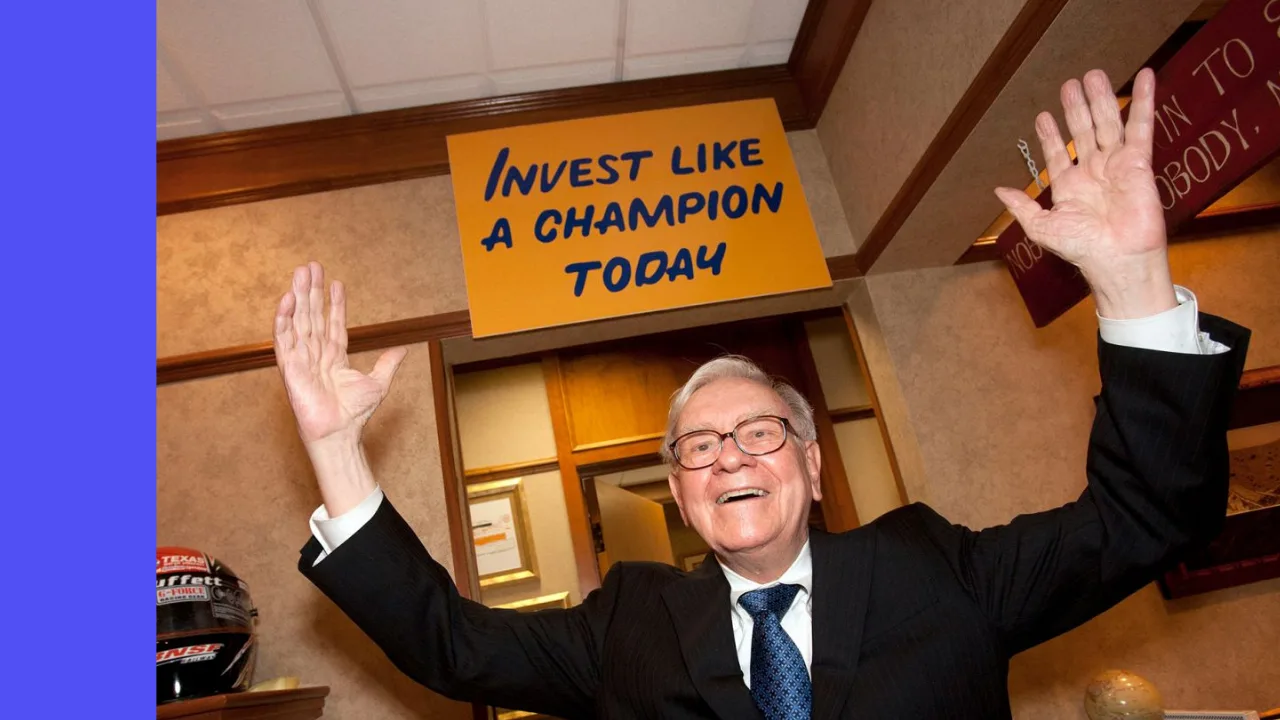Temple & Webster Group Ltd (ASX: TPW) has been one of my better-performing ASX shares this year. If you bought Temple & Webster shares during the March low, this would’ve returned a staggering 750% return.
I like to gradually build up positions in stocks, but this impressive run has left me questioning if the current Temple & Webster share price still represents good value.

Business model overview
Temple & Webster is an online furniture and homeware retailer with over 180,000 products on sale from hundreds of suppliers. Since its IPO in 2015, the management team have done an excellent job of growing the business. The company’s income statement fits that perfect “staircase” shape, with revenue, net income, and net margins growing consistently every year since 2015.
One of the reasons why Temple & Webster has been able to grow its margins and achieve a low cost of business is thanks to its drop-shipping model. Rather than purchasing and holding inventory that is then shipped to customers, when an item is purchased, it is shipped directly from the supplier to the customer. Removing warehouses and distribution centres results in faster and significantly cheaper operations.
I often try to stay away from companies involved in furniture and art. This is because trends and styles are constantly changing, which presents an indefinite headwind that the business must keep up with to remain ahead of the game.
Drop-shipping eliminates this risk by being able to test the demand for a product before it is sold. If no customer buys an item listed on the website, the business hasn’t just wasted large amounts of money on purchasing inventory. Products can be added and removed with little cost, saving money on unpurchased inventory.
An additional edge that Temple & Webster has over the competition is a huge first-mover advantage. There would have been many customers who bought products for the first time from its platform as a result of COVID-19.
Now that the customer base has been established and customers are familiar with the brand, Temple & Webster is now in the position to expand its product offering to hopefully retain those new customers and maintain these high levels of growth.
Comparative valuation
Temple & Webster shares are currently trading on a price-earnings (P/E) ratio of 63. To give some comparison to other ASX retailers, JB Hi-Fi Limited (ASX: JBH) trades at 16.8 and Nick Scali Limited (ASX: NCK) trades at 11.9.
The market has collectively valued Temple & Webster shares at 63 times greater than its net earnings for one year. There is either some insane future growth priced in that justifies this share price or the market has potentially gotten a bit ahead of itself here and paid a premium to jump in.
Good quality companies go through cycles of being undervalued and overvalued, so I wouldn’t be surprised to see a pull-back at some stage. COVID-19 and generous stimulus has undoubtedly added to the recent success of this company. Recently announced tax cuts as part of the latest Federal Budget may provide an additional boost to retailers as consumers have a bit more disposable cash.
Final thoughts
I would note that any short-term incentive in the form of a subsidy or tax cut isn’t going to be the determining factor in the long-term success of Temple & Webster, or any company for that matter. What will matter is how well management can continue to grow the company’s earnings while keeping up with the competition.
If you can look past the valuation, Temple & Webster ticks all the boxes in most other areas. I might wait to see if Temple & Webster shares go through a pullback to pick up some more a bit cheaper.











